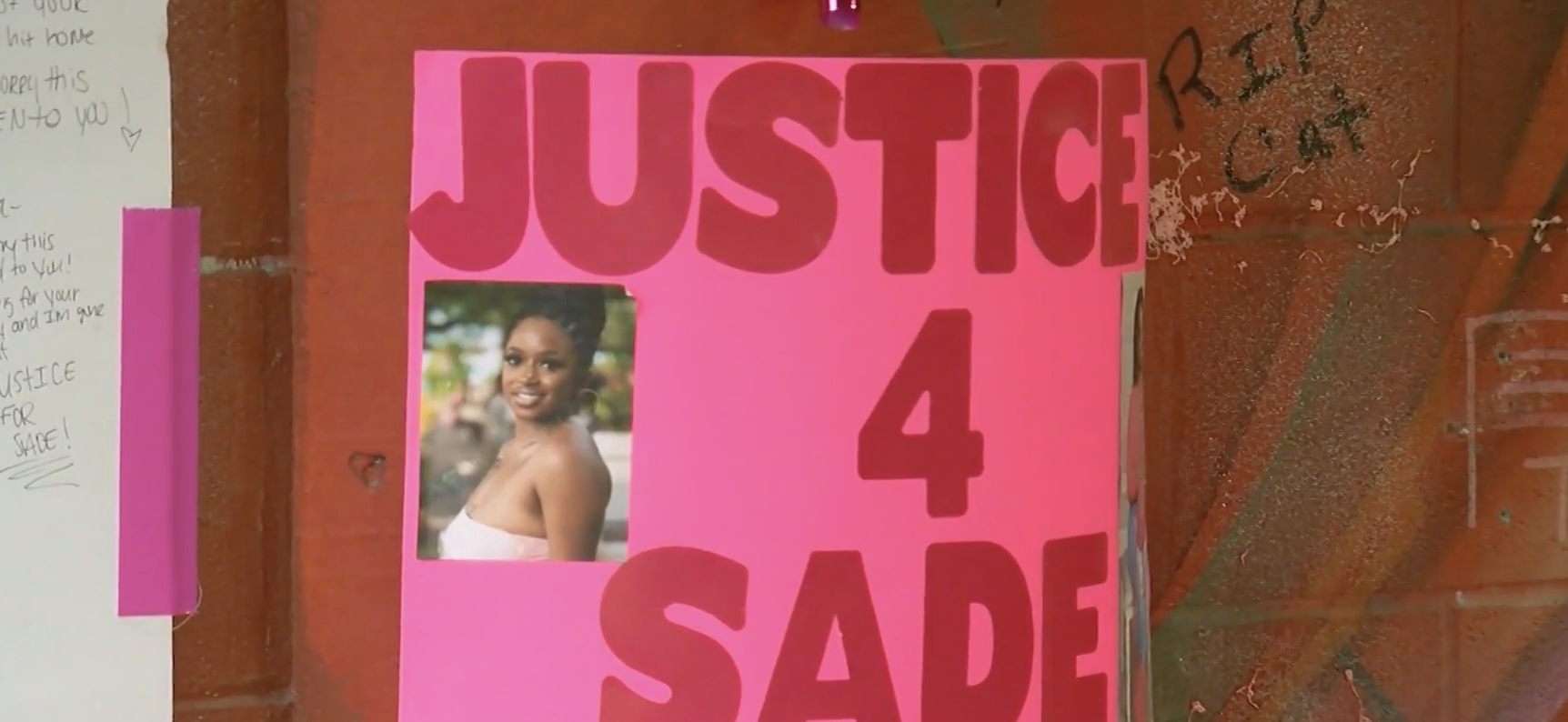It's not often that you hear a governor admit that the budget he's just released is crap.
But that's essentially what Gov. Jerry Brown said Thursday.
The governor, sounding a bit annoyed at having to introduce the budget four days early (after it was mistakenly posted on the web), told reporters over and over how much he disliked his own budget. He called the budget, more than once, "not nice" in its cuts in programs for the poor. He suggested cuts would produce "hardship" and "burdens" for Californians.
And then he invoked excrement explicitly.
"These numbers emanate from the bowels of the finance department bureaucracy," he said.
Crap, of course, is exactly what the political moment calls for. Brown has all but staked his governorship on convincing voters to raise taxes to help the state's finances. To make that sale, Brown must show that he's causing real pain through cuts and that the failure of his tax initiative -- expected to be on the November ballot -- would forestall even worse cuts. If Brown had released a budget Thursday that protected major programs and made people happy, critics would have asked why new taxes were needed.
Brown faced skepticism from reporters who asked -- in a variety of ways -- whether he was releasing a -- let's call it smelly -- budget just to scare voters into raising taxes. His answer is that these cuts, and his numbers, were reality, albeit a crappy reality. But the document was framed in a specifically political way -- with billions in additional cuts -- mostly to education -- that would be triggered if voters don't approve his tax initiative.
U.S. & World
News from around the country and around the globe
While the political dynamic of this budget was new, the document itself is very similar to the budgets that Californians have passed again and again over the last decade. The budget triggers in the new budget are a device used in this year's budget. There is some fiscal sleight of hand -- gimmicks and borrowing to disguise the size of the hole. There are cuts targeted at welfare and services for the poor and children.
Thousands of government job cuts were promised, with the number 15,000 suggested (the budget document itself suggests fewer), which prompted one wise old Sacramento reporter to ask whether Brown's cuts -- on top of the past year's job reductions -- were approaching the 40,000 in jobs cuts promised by Brown's 2010 gubernatorial opponent Meg Whitman. (Brown dismissed the question).
Brown also offered a few philosophical references. In explaining why his budget eliminates penalties for school districts that don't abide state rules on class sizes, he said he wanted different places to try different strategies.
"Let a thousand flowers bloom," he declared, a borrowing from Mao Zedong's famous "Let a hundred flowers blossom. Let a hundred schools of thought contend."
Of course, Mao jailed those who took him up on the offer to speak out. Brown, to his credit, repeatedly said he was open-minded -- and urged all Californians (and especially Sacramento Bee columnist Dan Walters, one of his questioners), to bring forth their ideas on the budget.
The trouble is that Brown's budget approach is actually narrow. He has declined to pursue broad changes to the budget and tax system that would end the perpetual crisis. Instead, he and his team have argued theirs is the only realistic way forward, and have made something of a fetish of calling his budget plans "honest" and framing his approach as an attack on debt -- even as he relies on borrowing and gimmicks (not the least of which are the triggers).
The "honest" budget he proposed for the next budget year, 2012-2013, includes a structural deficit projection of $9.2 billion. Unfortunately, much of that deficit is a rollover from the deficit in this year's "honest" budget.
As politics, this budget is good enough to serve as the centerpiece on the dining room table. But as policy, this budget -- like virtually every recent budget in California's broken system -- belongs in the bathroom.



